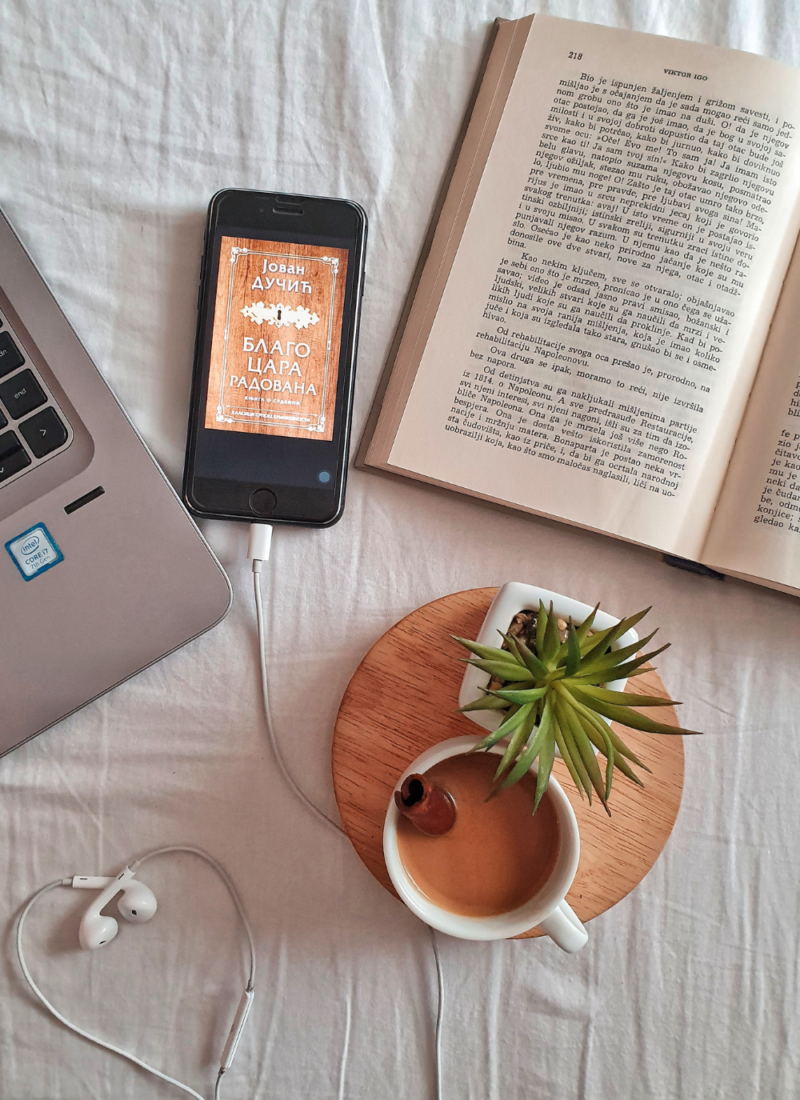
1. Procrastinating

I know this might not be what you want to hear, but putting tasks off until the last minute often leads to rushed, low-quality work. Even if you feel more productive under pressure, last-minute cramming can elevate your stress levels—something we all want to avoid. To help boost your productivity and keep stress at bay, here are some effective strategies to avoid procrastination:
Break tasks into smaller steps: By dividing tasks into simpler, more manageable jobs can help it feel a lot less overwhelming.
Set daily goals and deadlines: Establish clear, achievable goals for each day. Knowing what you want to accomplish by the end of the day can keep you focused and motivated.
Most Importantly, eliminate distractions! : Identify and minimize potential distractions in your environment, such as turning off notifications, closing unnecessary tabs or apps, and finding a quiet workspace.
2. Skipping Breaks

Skipping breaks can be detrimental to your well-being for several reasons. When you don’t take breaks, you risk burnout, productivity, and reduced creativity. Working without rest can lead to physical and mental tiredness, making it harder to maintain focus. Here are a few ways to ensure you don’t skip breaks:
Schedule breaks: Set specific times for breaks in your calendar. This helps create a routine and ensures you take regular pauses.
Create a relaxing environment: Designate a relaxing space away from your work area where you can unwind. Having a comfortable spot can make taking breaks more enjoyable.
3. Perfectionism

Although we all want to be perfect, if we obsess over it, it can cause you to spend too much time on minor details, making you less productive overall. To keep perfectionism in check and maintain a healthy work-life balance, consider these strategies:
Embrace Mistakes: We have all heard of learning from your mistakes. Accept that mistakes are a natural part of the learning process. Rather than dwelling on errors, view them as opportunities for growth and improvement.
Prioritize Tasks: Focus on what’s truly important and let go of the rest. This helps allocate your time and energy more effectively. It will also reduce a lot of stress at work.
4. Apologizing

While it’s important to acknowledge mistakes, over-apologizing can make you seem less self-assured and can detract from your contributions. You also should not be apologizing for others errors! To strike a better balance, consider these strategies:
Build Confidence: Practice self-assurance in your interactions. Recognize your strengths and the value you bring to the team. This confidence can reduce the impulse to apologize unnecessarily.
Acknowledge Without Over-Apologizing: If you make a mistake, acknowledge it confidently without excessive apologies. For instance, say, “I see where I went wrong. Here’s how I plan to fix it,” rather than “I’m so sorry, I made a huge mistake.”
5. Multi-tasking

Multitasking might seem like a way to get more done in less time, but it often leads to messing up or lower quality work.
Time Blocking: Allocate specific time slots for different tasks or activities throughout your day. By organising time to complete each task, you can maintain focus and productivity.
Prioritize Tasks: Identify the most important tasks and tackle them one at a time. Prioritizing allows you to give your full attention to each task, leading to better results.
In today’s fast-paced work environment, it’s easy to fall into habits that seem efficient but ultimately hinder our productivity and well-being. The most important thing is to look after your well-being at work. Weather you work a 9-5 office job or run your own business. Make sure you have that work-life balance under control! For more tips on wellbeing and lifestyle. Check out the Lifestyle category.
Thanks for reading, see you next time!


Leave a Reply